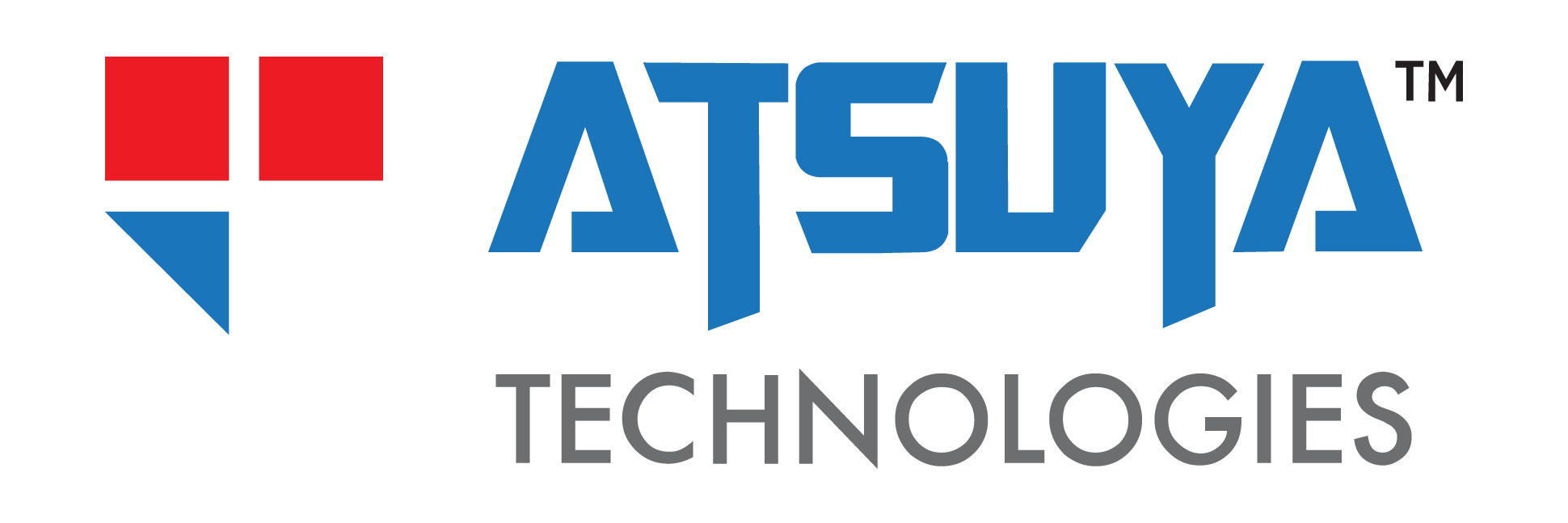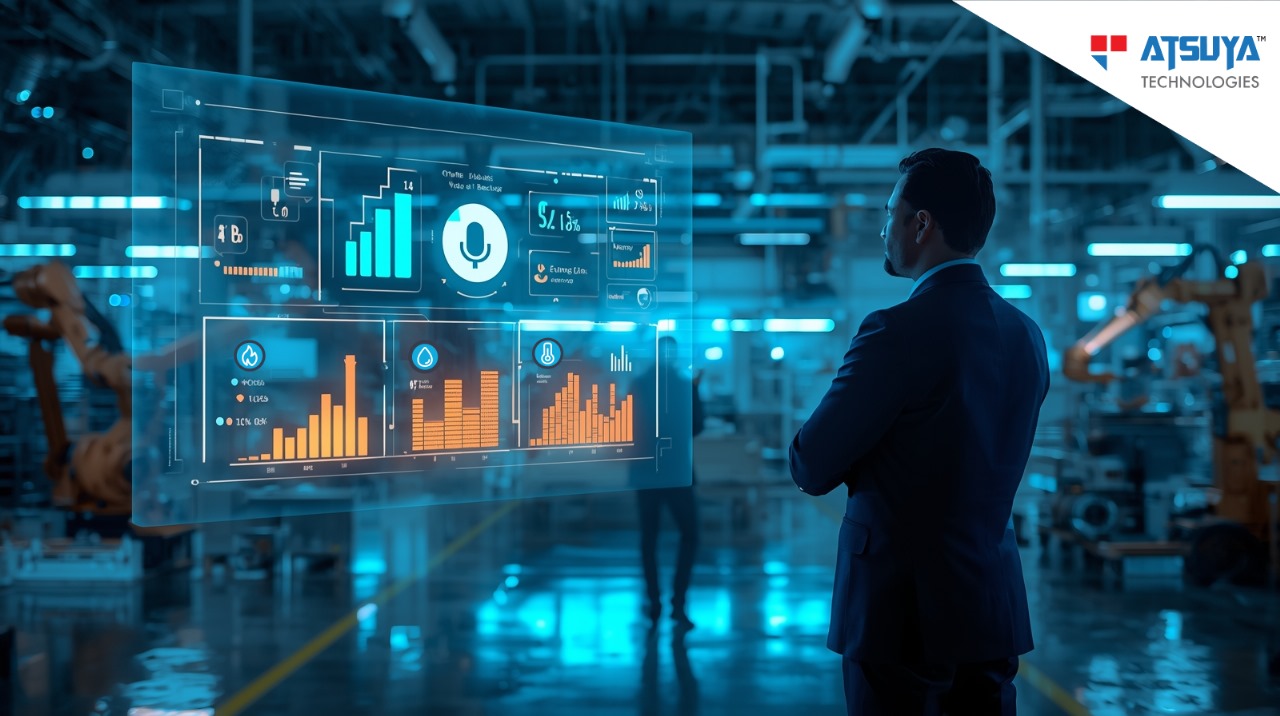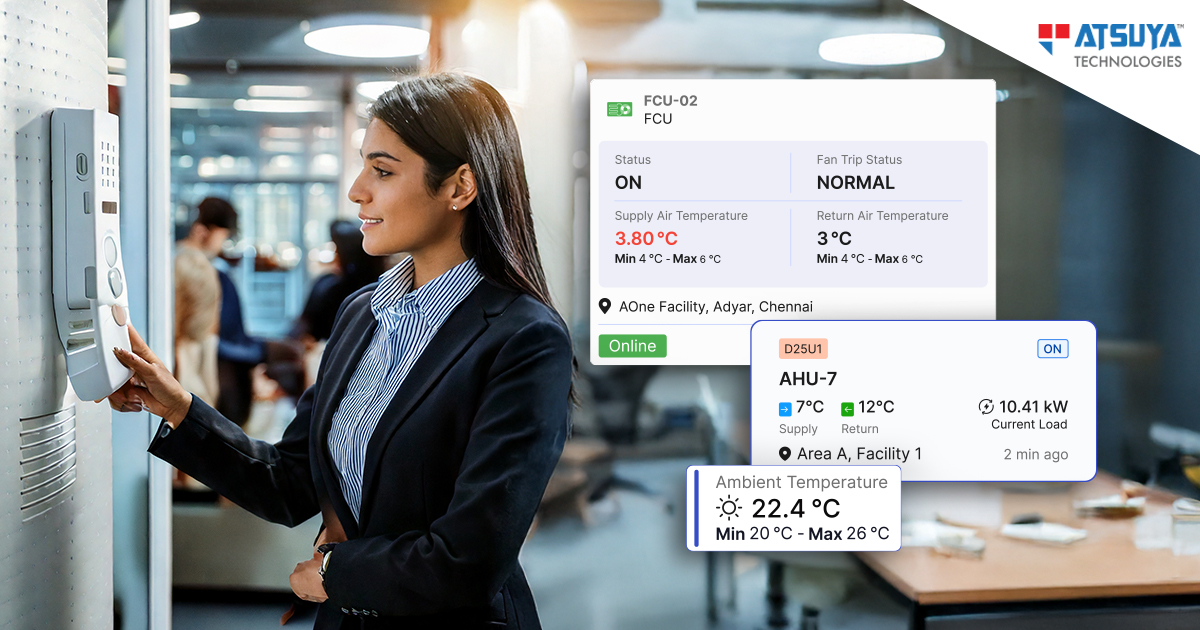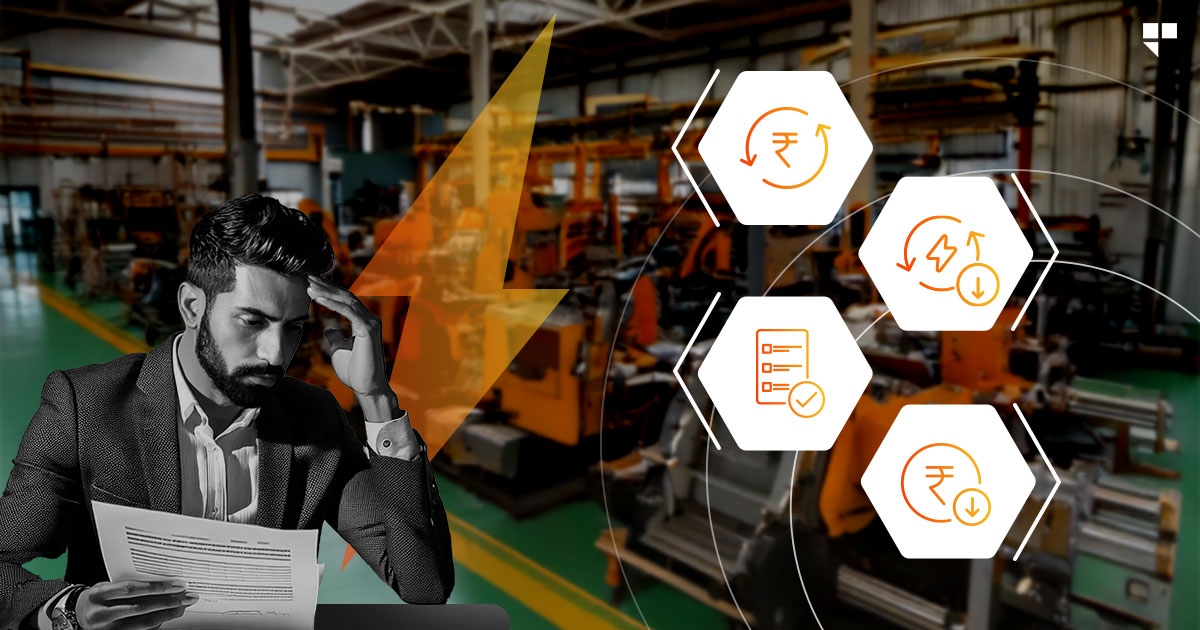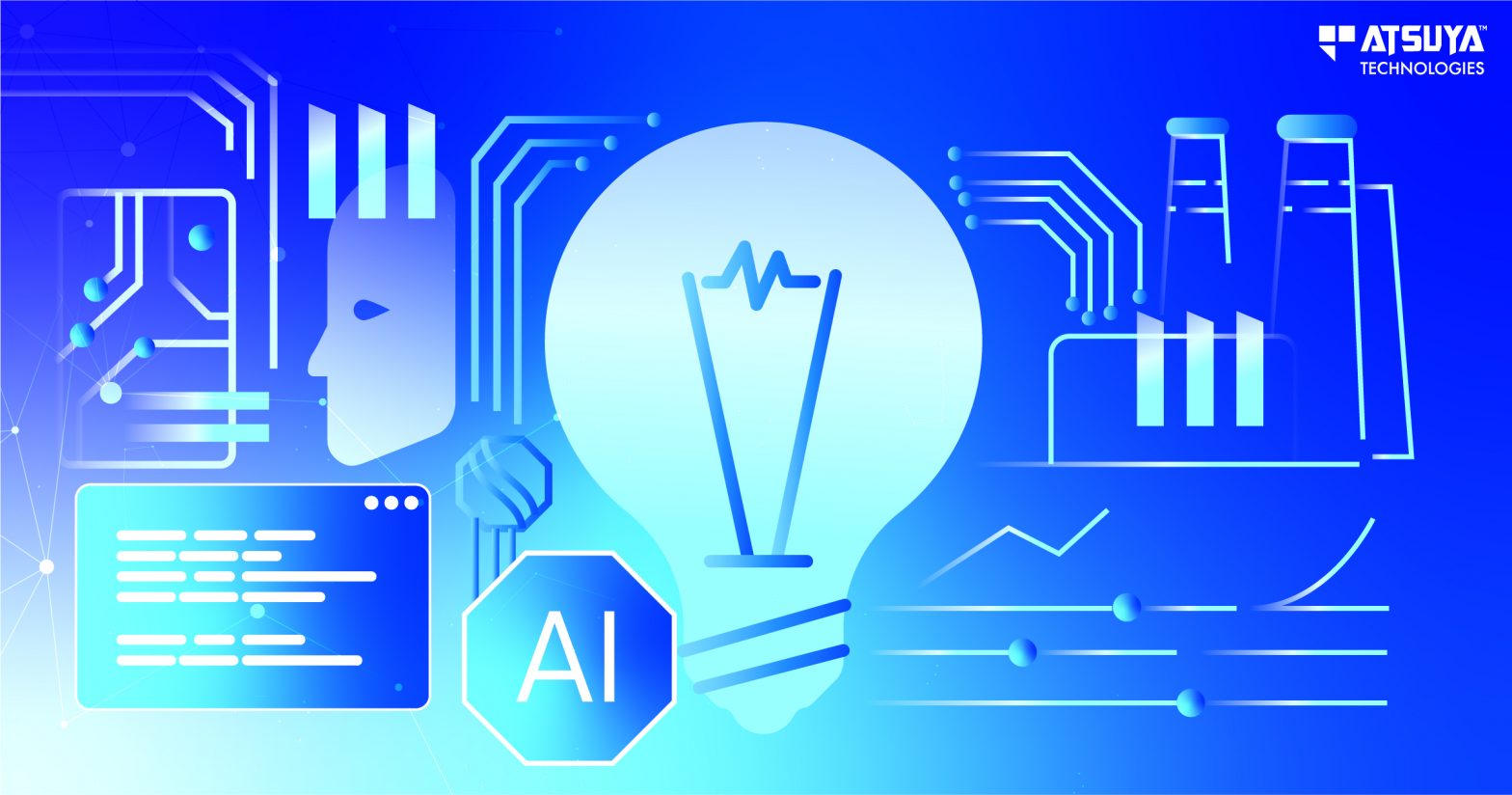
In today’s dynamic business landscape, manufacturing enterprises face unprecedented challenges and opportunities. As technology evolves, Artificial Intelligence or AI emerges as a game-changer, revolutionising every stage of the production process, starting from assembly lines to distribution centres. This blog post will go over how AI can empower businesses in the manufacturing verticals.
Product Design and Engineering
Incorporating AI-powered generative design algorithms into CAD and other industrial design software enables automated prototyping that not only minimises human error, but also simulates product behaviour, performance, and reliability under a range of operating conditions, including heat, strain, and stress. This can reduce the cost and time associated with iterative design cycles and physical testing.
Process Planning and Material Procurement
Machine learning algorithms can process large volumes of historical data to analyse market trends and forecast demand for raw materials and components. This helps manufacturers optimise inventory levels, cut waste, and prevent stockouts or overstocking. Moreover, AI-enhanced workflow automation tools can perform repetitive tasks such as raising purchase orders, tracking deliveries, and processing invoices thereby reducing the time and effort involved in the procurement process.
Procedure Preparation and Manufacturing Operations
Prevention is better than cure. Unplanned malfunctions in machines can cause downtime and result in lower production. But, with the help of AI predictive models, businesses can prevent unexpected equipment failures or schedule maintenance before a breakdown occurs by leveraging historical and failure data of the machines from IoT sensors. Predicting the health of production equipment in advance is beneficial for manufacturers because it optimises production efficiency and significantly reduces unnecessary maintenance expenses. Additionally, computer-vision-based AI algorithms can monitor and identify employees who are not adhering to standard operating procedures, during the manufacturing process, and guarantee safe practices.
Quality Control and Packaging
Defects in a product are subjective; it is majorly due to this fact and other reasons like fatigue, humans tend to ignore minute defects in finished products that cumulatively contribute to higher error rates. Recent studies have shown that AI can improve defect detection rates by 90%. With that being said, Optical Character Recognition (OCR), Machine Vision, and Deep Learning algorithms with the help of AI-powered robots can rapidly detect defects in finished goods or package labels with precision and accuracy, that cannot be achieved through manual inspection.
Logistics and Continuous Improvement
AI-enhanced route optimisation algorithms can analyse traffic patterns and road conditions to optimise delivery routes and ensure seamless delivery of products to consumers. While implementing AI-based tech in business workflows can streamline procedures and save businesses time and cost, it can also provide room for improvement and better opportunities.
Integrating AI into manufacturing processes is a transformative shift that can significantly enhance efficiency, accuracy, and profitability. While starting your AI journey might seem daunting, the right expertise and support can make it an easy transition. At Atsuya, our team of industry experts is dedicated to providing tailored AI solutions that address the unique challenges of your manufacturing operations. Reach out to us to discover how AI can drive your business forward and unlock new opportunities for growth and success.
Write to us at marcom@atsuyatech.com to learn more about how AI can enhance your business operations.
